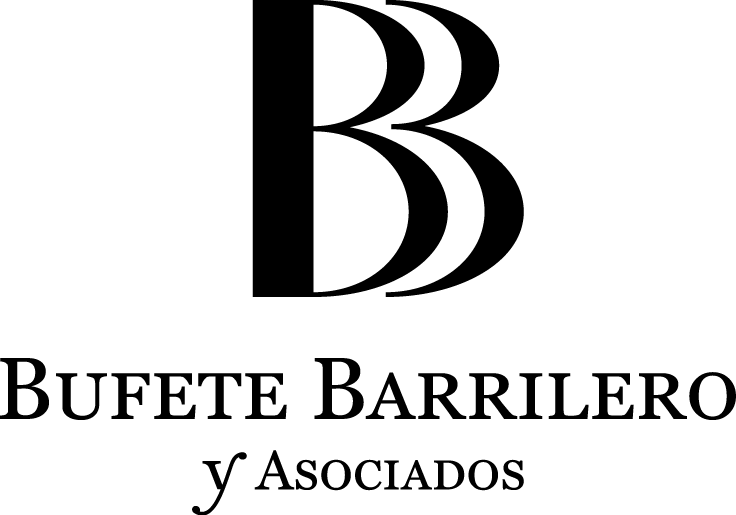PUBLIC LAW
At the end of May 2023, Law 12/2023 of May 24, known as the “Housing Law,” came into effect. Since then—and even before its enforcement—it has generated significant controversy and has been subject to scrutiny and analysis by the courts.
The latest judicial ruling on this matter was issued on January 29 with Judgment No. 26/2025 by the Plenary of the Constitutional Court (Case No. 5514/2023). In this ruling, the Constitutional Court declared unconstitutional certain sections of the Civil Procedure Act that were introduced by the Housing Law regarding the requirements for admitting eviction claims.
The Unconstitutional Requirements
Specifically, the Housing Law amended Article 439 of the Civil Procedure Act, introducing the following conditions for admitting eviction claims:
That a large property owner must prove whether or not the tenant is in a situation of economic vulnerability (Article 439.6.c of the Civil Procedure Act).
That a large property owner must prove that, if the tenant is vulnerable, they have undergone a reconciliation or mediation process established by the competent public administrations (Article 439.7 of the Civil Procedure Act).
Arguments for the Declaration of Unconstitutionality
The Constitutional Appeal that led to this ruling argued that these requirements were disproportionate and unreasonable because:
Regarding the proof of economic vulnerability (Article 439.6.c): This requirement is deemed unnecessary, as the tenant can easily provide this evidence in their response to the eviction lawsuit, in accordance with Article 438 of the Civil Procedure Act.
Regarding proof of participation in a mediation process (Article 439.7): The purpose of the Housing Law—according to its explanatory memorandum—is not to prevent eviction proceedings but to strengthen social protections and housing rights. Therefore, property owners’ rights should not be contingent on whether the administration fulfills its obligations, especially when no deadlines are established for the administration to carry out the required mediation or reconciliation processes.
The Constitutional Court’s Ruling
Given the above, the Constitutional Court upheld the challenge and confirmed that the eviction admissibility conditions in Articles 439.6.c and 439.7 of the Civil Procedure Act impose an excessive burden of proof on property owners—a burden that could be more efficiently met during legal proceedings. As a result, the Court ruled that these provisions:
“Constitute a disproportionate barrier to the exercise of the right to effective judicial protection, affecting both aspects involved. They are therefore unconstitutional and void for violating Article 24.1 of the Spanish Constitution.”
Implications of the Ruling
With this decision, the Constitutional Court has relieved property owners from proving facts that can only be verified by the tenant occupying the property. Furthermore, it prevents eviction proceedings from being delayed due to administrative inefficiencies.
Looking Ahead
Once again, we find ourselves grappling with the Housing Law, wondering whether further changes will be introduced. This ongoing legal uncertainty requires us to stay informed and meticulously comply with all legal requirements to uphold our clients’ rights—whichever side they may be on.


